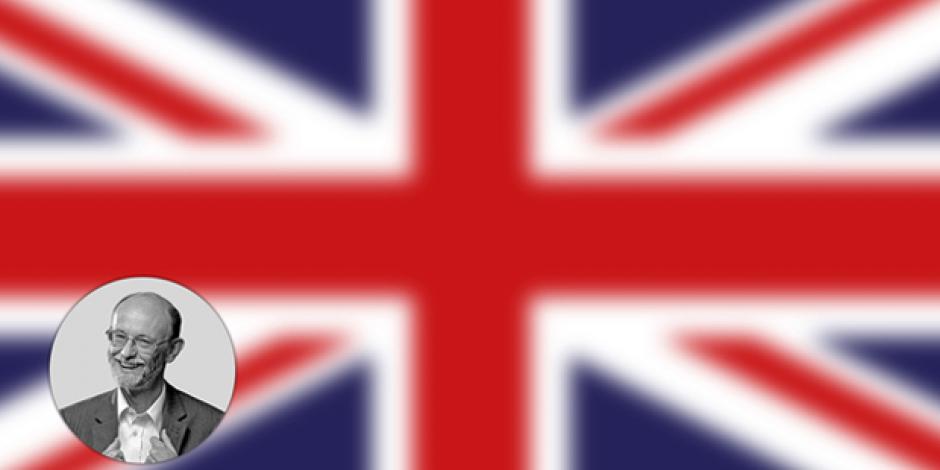Starten Sie den Audio-Text
Mit dem Audio-Player können Sie sich den Text anhören. Darunter finden Sie das Transkript.
You really have to concentrate when you’re listening to the news. If you thought, for example, that Prince Harry was marrying a woman called Merkel, I’m afraid you misunderstood. Her name is Markle, Meghan Markle — an American actress, not a German politician.
Welcome to Britain, Meghan. With you this side of the Atlantic, British public life will no doubt be a lot more fun, and a lot more human. But just imagine the headlines if we’d imported Angela Merkel. You can’t generally transfer political leaders from team to team like football internationals, but with Brexit so close, we could use her political expertiseKompetenz, Fachkenntnisexpertise.
Bringing Mrs Merkel into the British royal family would be like signing Neymar for Paris Saint-Germain. Plus, like Meghan, she meets the other main requirement: her last name begins with an “M”. This is almost a must for international politicians. France has Emmanuel Macron; Russia has Dmitry Medvedev. The UK has Theresa May and, much more importantly, M. That’s James Bond’s boss. And then there’s Zimbabwe, where Emmerson Mnangagwa’s taken over from the country’s presidential dinosaur, Robert Mugabe. Both names start with an “M”. Hopefully, that will be the only political continuityKontinuität, Fortbestehencontinuity between them.
It’s a bit of a cheek (UK, ifml.)hier: Frechheitcheek to criticize Mr Mugabe when you come from Britain, which has a history of importing other countries’ minerals and exporting racist colonialism. But we’re not the only ones hoping to see change in Zimbabwe. Years ago, for example, I heard an interview on the news with a journalist from Africa. She was commenting critically on President Mugabe’s political tactics at a time when he still had a firm gripGriffgrip on power.
“President Mugabe is to feathermit Federn schmückenfeathering his pepperPaprikapeppers,” she said. I must say that I was puzzledverdutzt, verwirrtpuzzled. Was this an idiom from her part of Africa? Was it a phrase like “to feather one’s nestin die eigene Tasche wirtschaftenfeathering your nest”? That means using professional opportunities for personal profit — something that’s not unheard of among politicians.
Or did President Mugabe really have an unusual recipeRezeptrecipe for cooking peppers? If you cook a chicken, you take the feathers off, but people don’t generally try to put them back on when they start to cook peppers — not even when it’s the BBC’s MasterChef final.
the penny finally droppedendlich fiel der GroschenThe penny finally dropped. I’d misunderstood her African accent; she hadn’t said that Mugabe was “feathering his peppers”. She’d said he was “to furthervoranbringen, fördernfurthering his purpose”, which is basically what we all do. We all try to further our purpose in the hope that we get what we want.
I can’t help thinking, though, that public life would to benefitprofitierenbenefit if some people stopped furthering their purpose and tried feathering peppers — or aubergines, or possibly even courgette (UK)Zucchinicourgettes.
The world would be a better place if more of us were trying to create a new kind of ratatouille that could fly. If you need me, I’ll be in the kitchen.
Neugierig auf mehr?
Dann nutzen Sie die Möglichkeit und stellen Sie sich Ihr optimales Abo ganz nach Ihren Wünschen zusammen.



